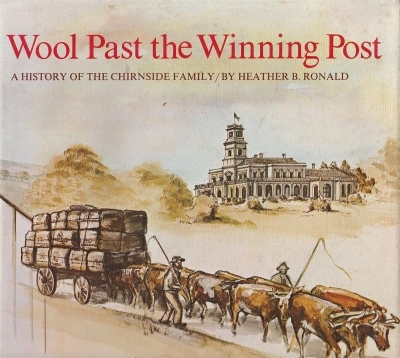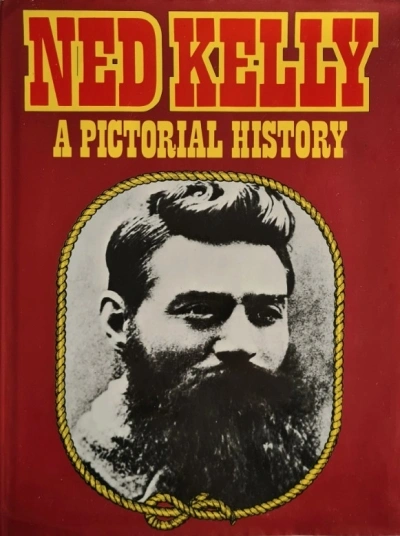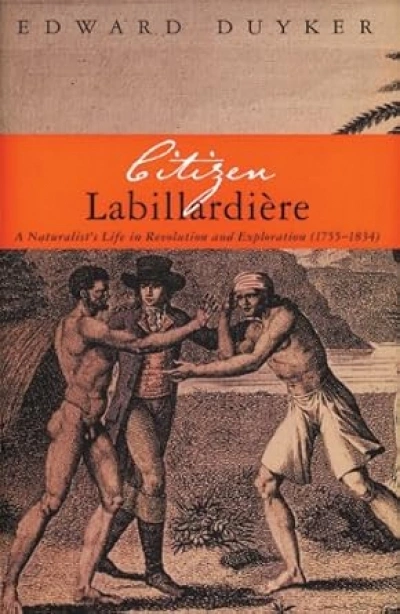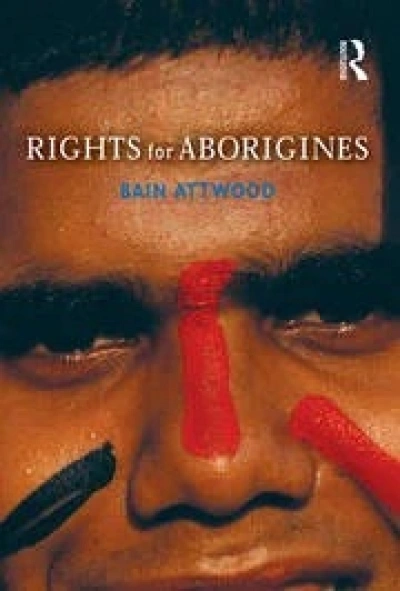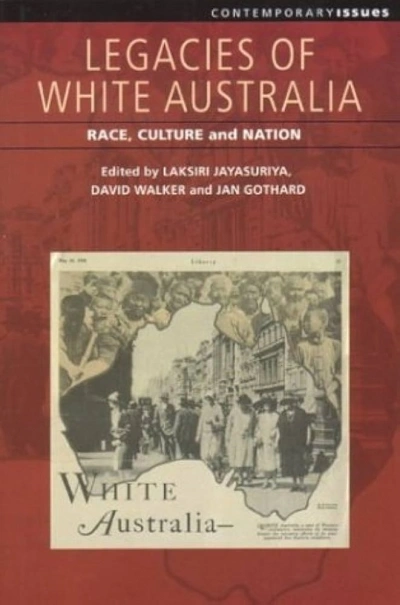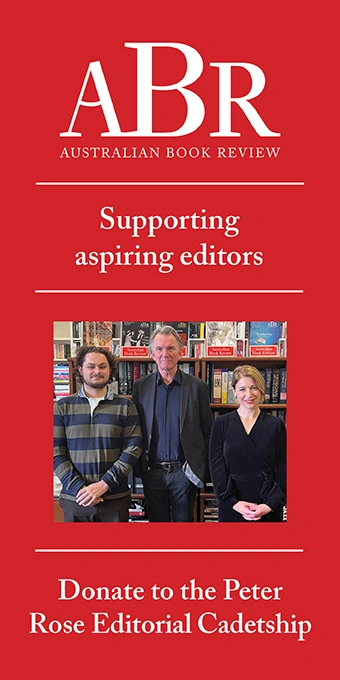Archive
Here are reports from an Australian agent in London, sent directly to the head of government and for his eyes only. I use the word ‘agent’ because in many respects R.G. Casey was that, rather than a more orthodox public servant or member of a diplomatic mission though his stated primary function was to improve the flow of information on international affairs to Australia.
... (read more)Australian Book Week
NBC $5000 Awards for Australian Literature
The Awards were presented at a Dinner on Thursday October 12 to mark the opening of Australian Book Week. This year the Awards Dinner was held in Melbourne at the Dorchester, Henley Gardens, Alexandra Avenue and the Awards will be presented by the Hon Mr Justice M D Kirby, Chairman of the Australian Law Reform Commission.
... (read more)Winners 1978
First prize –
$3000, including $500 to the publisher.
Monkey Grip,
by Helen Garner, McPhee Gribble.
Second prize –
$2000, including $250 to the publisher.
Living Black,
by Kein Gilbert, Penguin Australia.
Highly Commended:
Australian Primitive Painters,
by Geoffrey Lehmann,< ...
Ned Kelly: A Pictorial History by George Boxall & The Kelly Years by Graham Jones and Judy Bassett
Citizen Labillardière: A naturalist’s life in revolution and exploration (1755-1834) by Edward Duyker
Making sense of the randomness of human existence, stories present an adult perspective as to how best we can conduct ourselves. Nearly all children’s books carry the message that society must be accommodated and that there is a way of behaving that will allow that to happen. These seven picture books tell a story and supply visual images to reinforce the telling. (Bruce Whatley’s is slightly different, a lesson in natural history that follows a successful hatchling to its adult destination.) In four of them, the pictures are expressionistic revelations of the emotions informing the text. The other three present a more complex visual vocabulary, from the dark painterly scenes of Whatley’s Galapagos to the stark childish representations of the two Dreaming narratives.
... (read more)Legacies of White Australia: Race, culture and nation edited by Laksiri Jayasuriya, David Walker and Jan Gothard
Living in Shanghai late last year, I found myself one evening around a banquet table with a large group of expats – writers, journos, academics – in one of the city’s pricier Chinese restaurants. I don’t remember how the conversation steered toward Cuba and Castro, but, before long, there were coos of admiration and toasts to the hero of the Cuban revolution.
... (read more)

